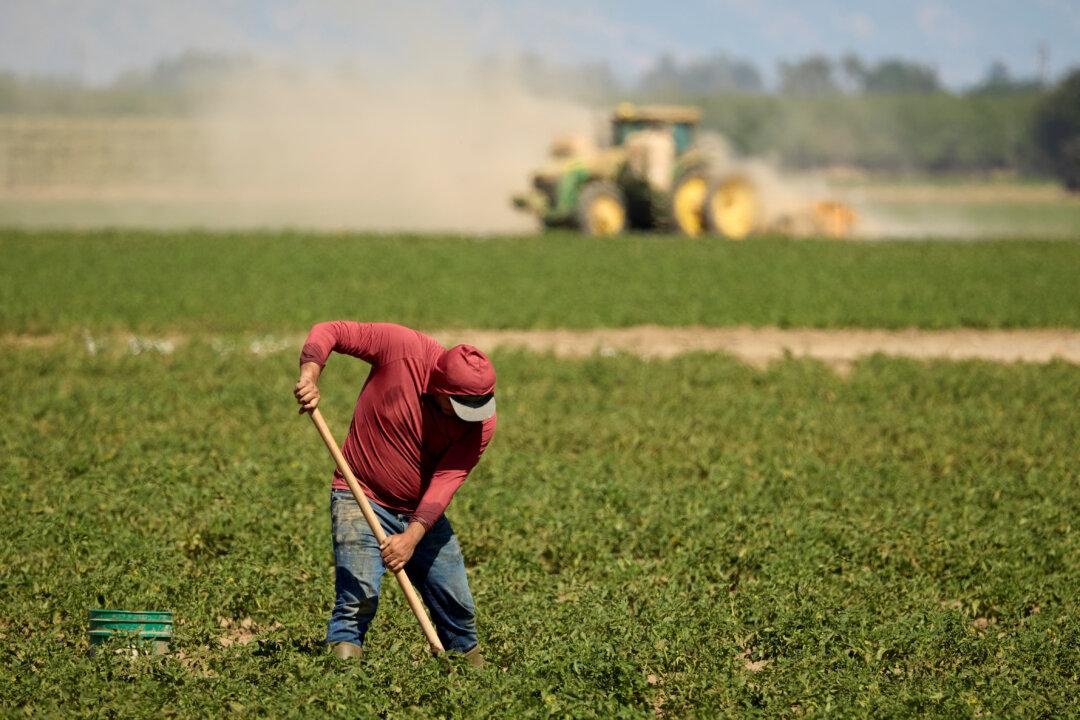Commentary
Reproductive rights is a hot-button issue that dominates political debate, with both sides convinced that they hold the moral high ground. But the real reproductive rights we should be focused on are the rights of our children and grandchildren to be able to reproduce at all. In fact, that’s what the phrase really means: the right to produce. Noting the current trajectory of men’s sperm health, many scientific outlets have warned that by 2040, the average sperm count in much of the developed world could reach zero. I have four children, all of whom will be in their childbearing years at that time.Why isn’t this the rallying cry in the streets? Why aren’t people pouring the same passion into protecting their children’s ability to have children as they do into the right to terminate a pregnancy? Statistically, no modern nation is at replacement fertility rates. This means that, as a species, we are not reproducing enough to sustain our population. That fact alone should alarm us. With the exception of Mongolia, which made a slight rebound by socially uplifting motherhood, no nation has ever reversed this trend once it fell below replacement.





